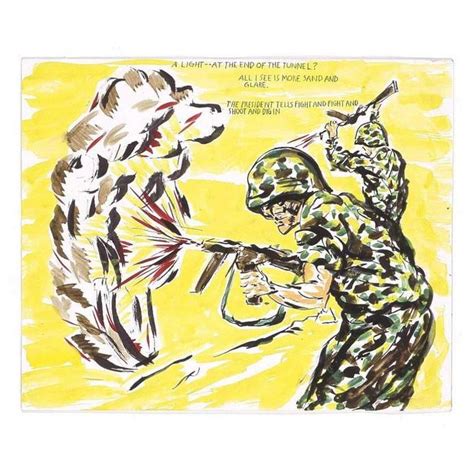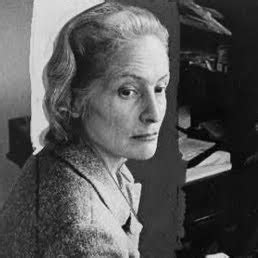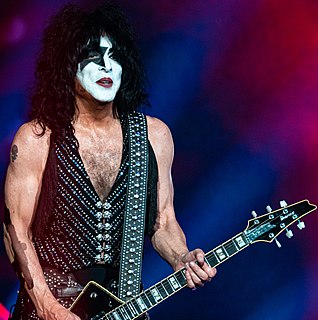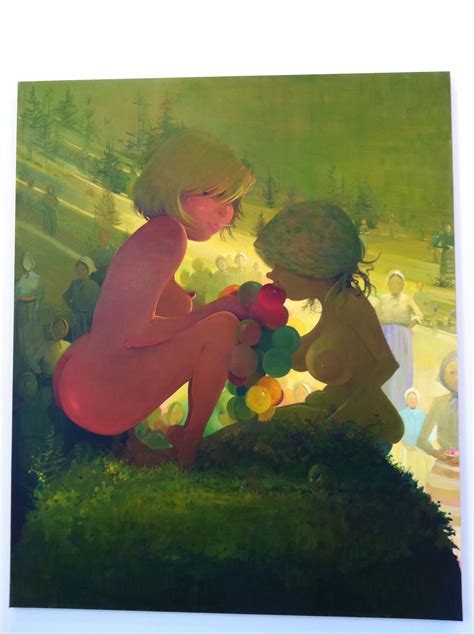A Quote by Margaret Atwood
As an artist your first loyalty is to your art. Unless this is the case, you're going to be a second-rate artist.
Related Quotes
As an artist your first loyalty is to your art. Unless this is the case, you're going to be a second-rate artist. I don't mean there's never any overlap. You learn things in one area and bring them into another area. But giving a speech against racism is not the same as writing a novel. The object is very clear in the fight against racism; you have reasons why you're opposed to it. But when you're writing a novel, you don't want the reader to come out of it voting yes or no to some question. Life is more complicated than that. Reality simply consists of different points of view.
The great thing about doing art shows is you get to meet the people who are interested in your art, and I think that when you're purchasing a piece of art it's a tremendous bonus to get to meet the artist because you get a chance to pick their brain a bit and find out first hand what the piece is about for the artist.
It's a very obsessive profession that you need to stay obsessed to get anywhere, and it's very easy for us to get obsessed and then nothing else matters. I was reading Somerset Maugham's novella, Moon and Sixpense, about this artist based on Gauguin's life. It was so beautifully written. You must be first rate because second rate you might not survive. If you're an accountant, you'll survive second rate. If you chance it big, you may not get anywhere.
There questions of wanting to be an artist, and what does that mean, what makes you an artist? Are you an artist if you're in a gallery in New York and not an artist if you're doing it at home? Do you need legitimation to count? If you've been acculturated to believe that you have certain obligations - familial, social, human - if multitasking has been your forte and that's what's been praised and rewarded, where do you find the single-mindedness, the selfishness to do something like art? I think those are questions that arise differently for women and for men.





































